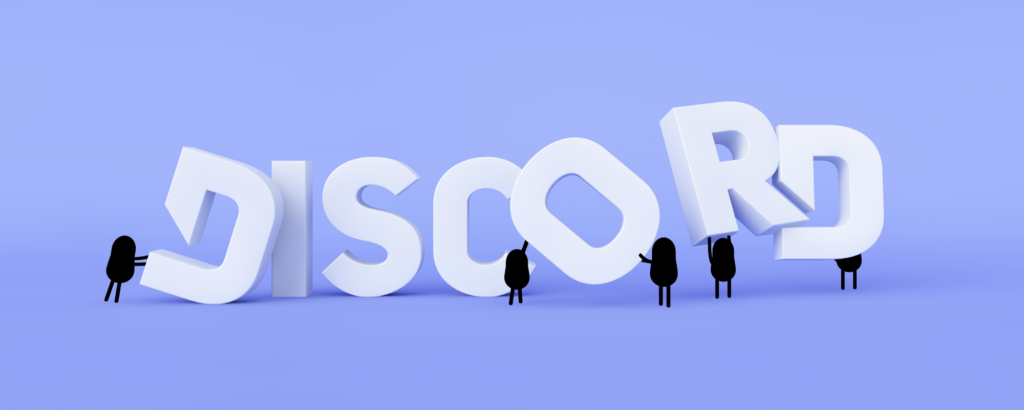
Just when we thought that Epic Games had the upper hand in rewriting the rev-share rules, Discord’s latest announcement has us holding its beer. The VOIP chat company announced today that they were going to be opening up Discord to self-publishing efforts and will only opt to take a 10 percent revenue-share.
“Turns out, it does not cost 30% to distribute games in 2018,” Discord’s blog post reads. “After doing some research, we discovered that we can build amazing developer tools, run them, and give developers the majority of the revenue share.
“No matter what size, from AAA to single person teams, developers will be able to self publish on the Discord store with 90% revenue share going to the developer. The remaining 10% covers our operating costs, and we’ll explore lowering it by optimizing our tech and making things more efficient.”
Competition is good news for both consumers and developers, especially when it comes to delivering games digitally. With Epic, Discord, and Robot Cache all gunning for the best deal for developers, it’s a race to figure out who will deliver the experience that will rip consumers away from what they know best. Early adopters are already jumping ship from Steam, even if it’s just to see what it’s like, but it’s going to take quite some time for the rest of the industry to really catch up.
Given how long it takes Valve to respond to changes in the market (or to their customer/developer base), it’s unreasonable to believe that they’ll be able to right their own ship in a matter of months, let alone within the year. It’s likely that what we’ll see is Valve suddenly looking in the rearview mirror about a year down the road and realizing that their market-share has suddenly dwindled. It’s not to say that Steam is in any reasonable danger of losing everything — the vast majority of its consumer-base is enthusiasts who are hungry for convenience (and perhaps trading cards), but aren’t necessarily concerned with how developers are paid.
“We believe if we iterate and work with developers, we can reverse platform fragmentation in the game industry while connecting developers and players closer together,” Discord wrote. It’s a lofty (and maybe a little naive) goal, but it’s laudable nonetheless.
Ultimately, there’s room for all of these platforms to take a stab at trying to unseat the reigning king of digital game sales. Even if Discord, Epic, and Robot Cache only manage to take small bites of Valve’s rather large pie, the industry will be better for it. More competition means that each company will need to stay nimble and adapt quickly to the only thing consistent in this industry: change.
 GameDaily.biz © 2025 | All Rights Reserved.
GameDaily.biz © 2025 | All Rights Reserved.